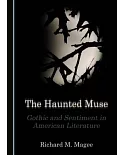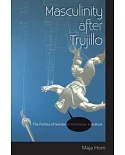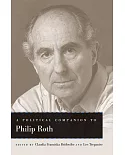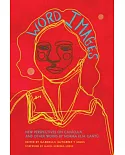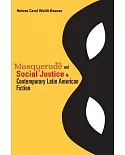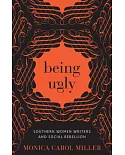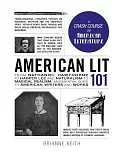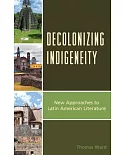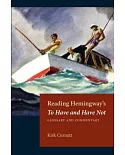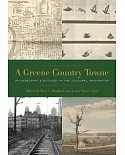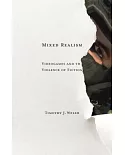The interplay between solitude and society was a particularly persistent theme in nineteenth-century American literature. In confronting the antithetical states of isolation and community,
these writers posed a number of questions concerning the relationships among God, humanity, and the universe. Herman Melville argued that while we are free to choose how we conduct our lives,
whether in solitude or society, we cannot escape our essential condition of alienation. Writing some fifty years later, Edith Wharton reached the same conclusion. While scholars have largely
disregarded Melville's influence on Wharton, this book demonstrates that she read a significant portion of his writings, that she reflected on his works, and that her consideration of his
importance emerged during significant moments in her life. By examining a broad range of works written by both authors, this volume argues that Wharton was substantially influenced by
Melville's concept of the alienated individual and by his views on solitude and society.


